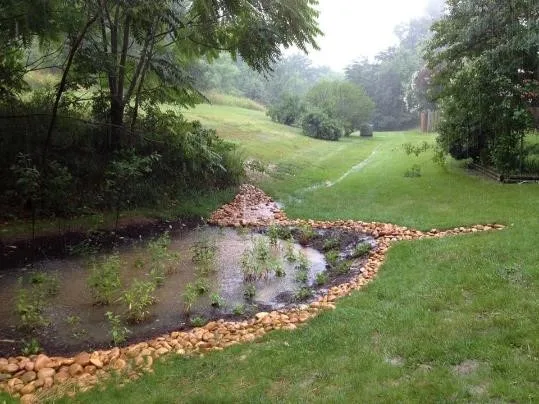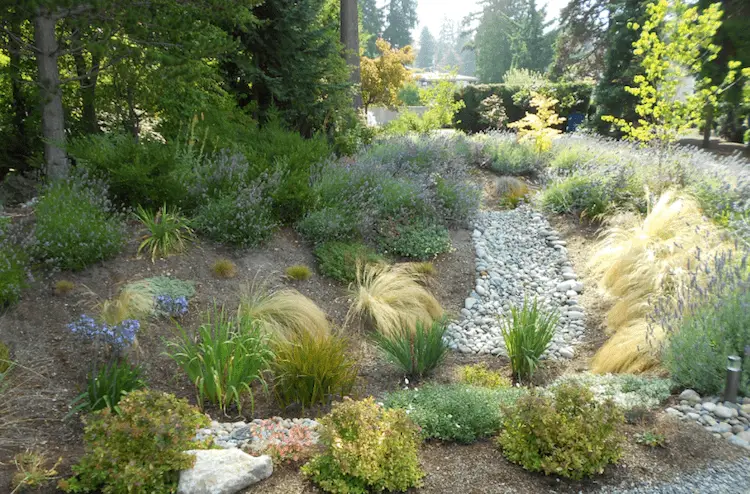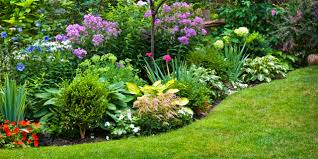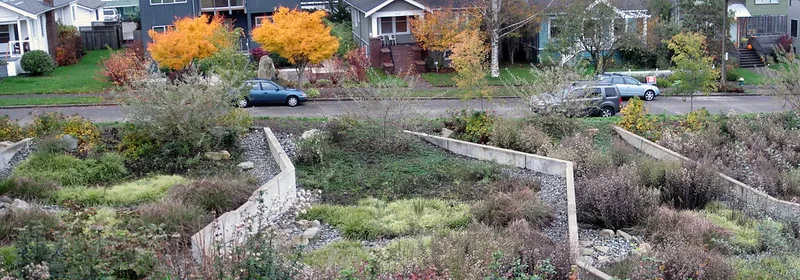World Water Day, commemorated annually on March 22, serves as a poignant reminder of the critical importance of water conservation, particularly in regions facing water scarcity challenges. With climate experts forecasting a potential 10% decrease in the water supply by 2040 due to extreme weather patterns, the need for sustainable water management practices has never been more urgent.
Embracing Water-wise Landscaping: The Role of Rain Gardens
One impactful way individuals can contribute to water conservation efforts is by replacing traditional grass lawns with water-wise alternatives, such as rain gardens. Unlike water gardens or ponds, rain gardens are predominantly dry and serve as temporary repositories for rainwater runoff from roofs, driveways, patios, and lawns. By capturing and utilizing runoff rainwater, rain gardens reduce the need for irrigation, thereby conserving water resources effectively.

Creating Your Own Rain Garden: A Step Towards Sustainability
Planning a rain garden for your yard transformation can be both environmentally beneficial and visually appealing. Rain gardens are cost-effective and can feature an array of beautiful, water-wise native vegetation, including grasses, shrubs, perennials, and wildflowers. Native plants require minimal maintenance and eliminate the need for fertilizers, contributing to a more sustainable landscaping solution.
When designing your rain garden, it’s essential to consider the following:
- Size: Aim for a garden area that is approximately 20% of the size of the roof, patio, or pavement area draining into it.
- Location: Choose a site where the garden will receive runoff, avoiding areas with large tree roots and ensuring it is at least 25 feet away from buildings with basements.
- Sunlight: Opt for a location with full or partial sunlight to support plant growth.
- Utility Lines: Keep the garden at least five feet horizontally and one foot vertically away from any utilities, including water, sewer, and electricity lines.

Benefits of Rain Gardens: Beyond Water Conservation
In addition to water conservation, rain gardens offer a range of environmental benefits:
- Water Quality Improvement: Rain gardens can remove up to 90% of chemicals and 80% of sediments from rainwater runoff, enhancing water quality.
- Biodiversity Enhancement: These gardens provide habitats for various wildlife, including butterflies, dragonflies, and songbirds, promoting biodiversity.
- Flood Prevention: By retaining rainwater and melted snow on-site, rain gardens reduce the risk of storm sewer overloads and flooding.

Joining the Movement: Promoting Sustainable Water Practices
We observe World Water Day on 22 March 2024, let us commit to adopting sustainable water practices, such as incorporating rain gardens, to mitigate the impact of water scarcity and preserve this precious resource for future generations.



